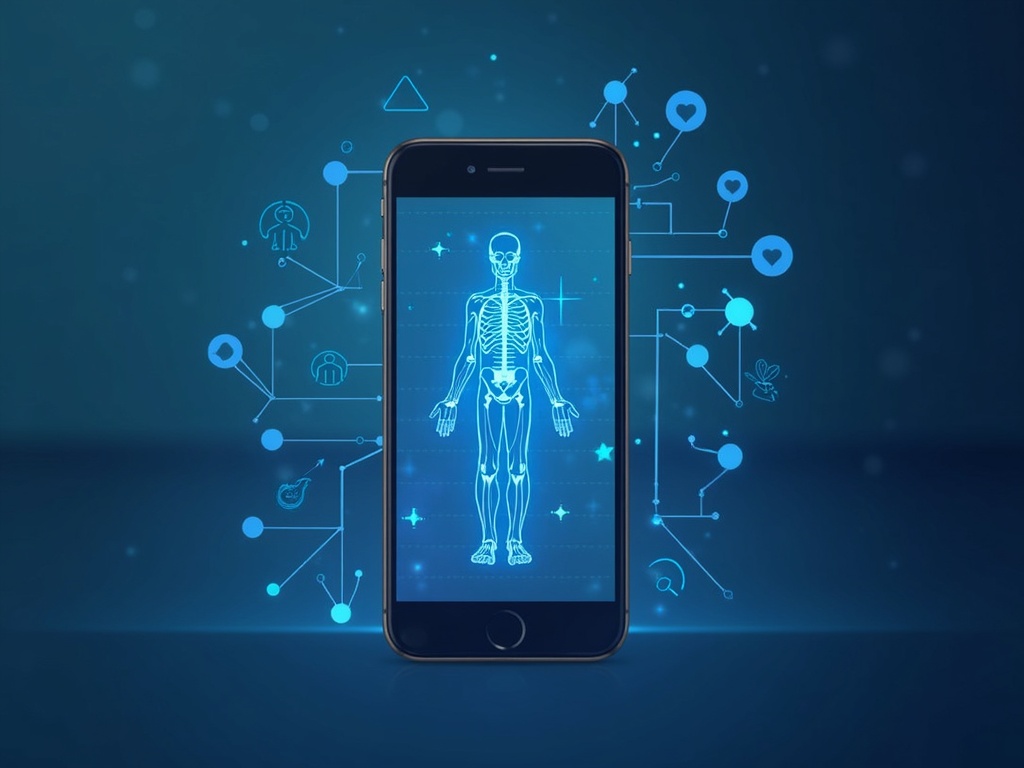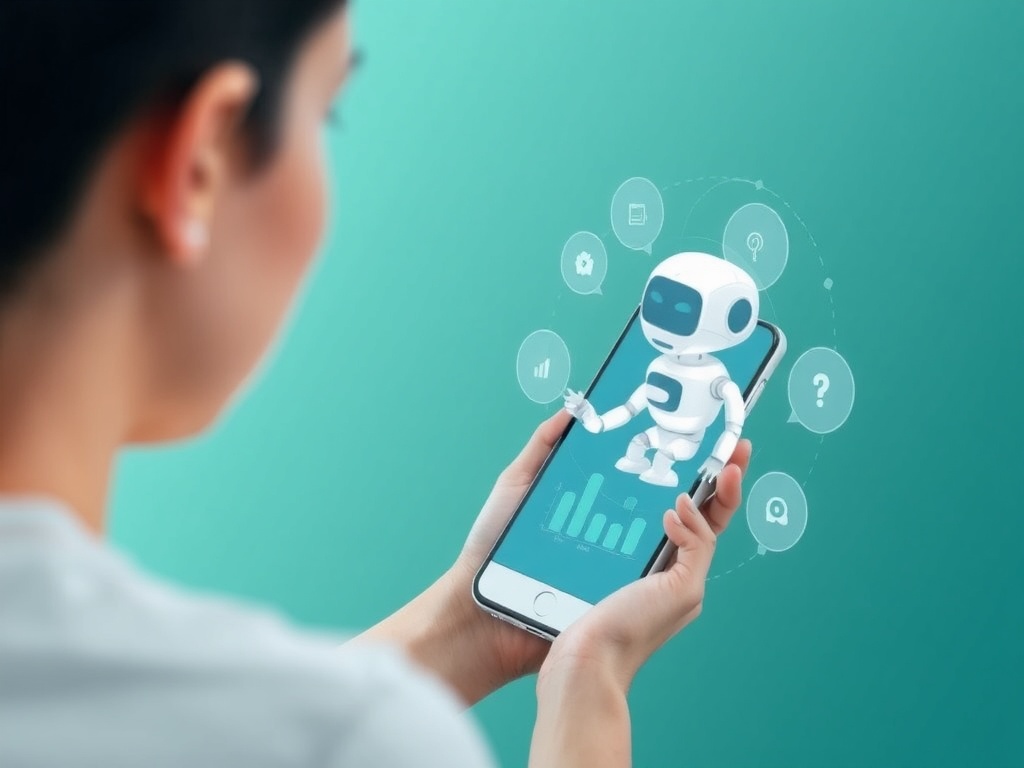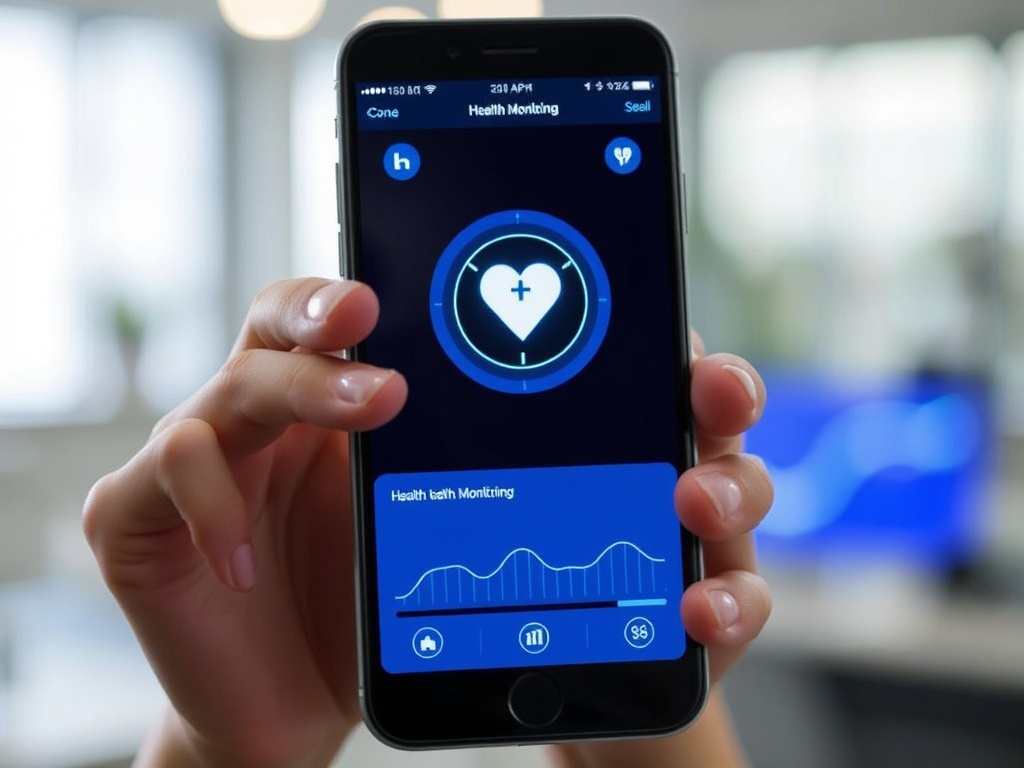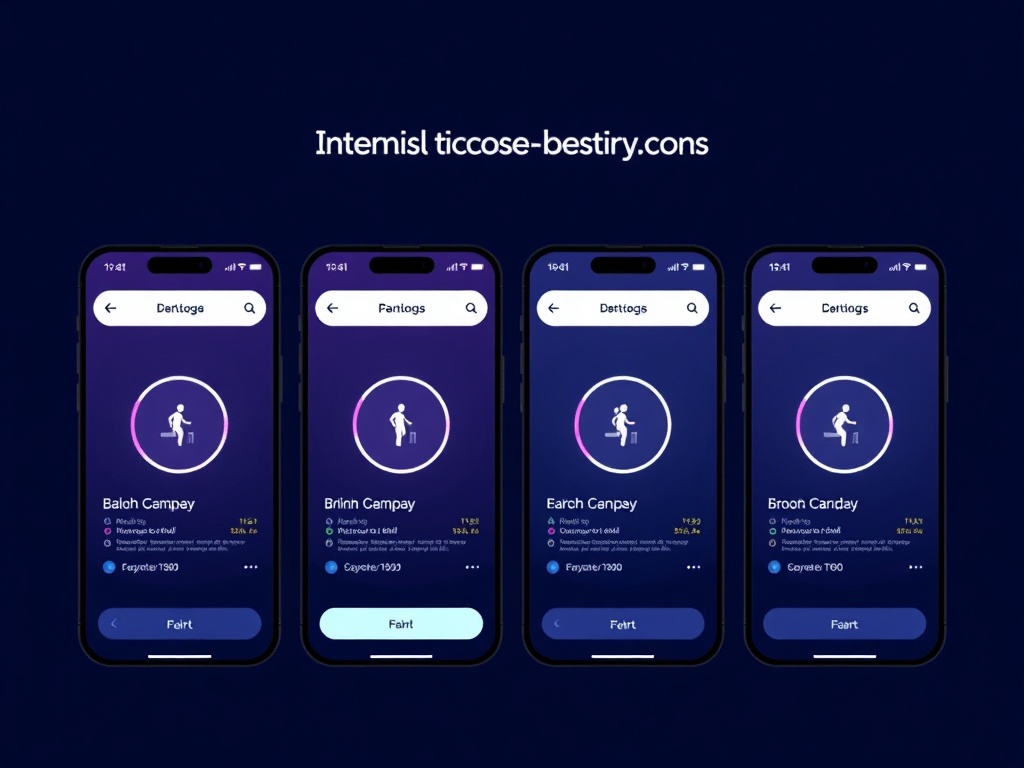Health and Wellness Apps Powered by AI: Revolutionizing Personalized Care
The rise of Artificial Intelligence (AI) has transformed the way we approach health and wellness. Gone are the days of generic fitness plans and one-size-fits-all advice. Today, we have a plethora of apps that utilize AI to provide personalized guidance, helping users achieve their unique goals.
What is an AI-Powered Health and Wellness App?
An AI-powered health and wellness app uses machine learning algorithms to analyze user data, preferences, and behavior. These apps collect information such as:
- User demographics
- Fitness levels (e.g., running speed, strength)
- Eating habits
- Sleep patterns
- Medical history
With this data, the AI engine creates a tailored plan that suits each individual’s needs.
Benefits of AI-Powered Health and Wellness Apps
These apps offer numerous benefits, including:
- Personalized Recommendations: AI-driven apps provide users with customized advice on diet, exercise, and stress management.
- Improved Outcomes: By tailoring plans to individual needs, these apps lead to better results in weight loss, fitness gains, and overall well-being.
- Increased Engagement: Users are more likely to stick to their goals when they feel supported by an AI-driven plan that takes into account their unique circumstances.
- Convenience: These apps often integrate with wearable devices and other digital health tools, making it easy to track progress on-the-go.
Examples of Popular AI-Powered Health and Wellness Apps
Some notable examples include:
- MyFitnessPal: This app uses AI to provide personalized nutrition advice based on user input.
- Nike Training Club: The AI-driven training plans in this app cater to individual fitness levels and goals.
- Headspace: This mindfulness app utilizes AI-powered meditation sessions tailored to each user’s needs.
How Do AI-Powered Health and Wellness Apps Collect User Data?
These apps typically collect data through:
- User Input: Users enter information about their habits, preferences, and goals.
- Integration with Wearable Devices: Many health and wellness apps connect with popular wearables to track physical activity, sleep patterns, and other metrics.
- Machine Learning Algorithms: AI engines analyze the collected data to create personalized plans.
Security Concerns: Protecting User Data in AI-Powered Health and Wellness Apps
While these apps offer numerous benefits, it’s essential to address potential security concerns:
- Data Encryption: Reputable health and wellness apps ensure that user data is encrypted both during transmission and storage.
- Transparency: Users should be aware of how their data will be used, shared, or sold.
- Regulatory Compliance: These apps must adhere to relevant regulations, such as HIPAA in the US.
Conclusion
AI-powered health and wellness apps have revolutionized personalized care by providing tailored guidance based on user data. While there are benefits, it’s crucial to address potential security concerns by ensuring data encryption, transparency, and regulatory compliance. As these apps continue to evolve, users can expect even more effective support in achieving their unique goals.
References
- [1] MyFitnessPal (2022) – “About Us”
- [2] Nike Training Club (2022) – “FAQs”
- [3] Headspace (2022) – “How it Works”



